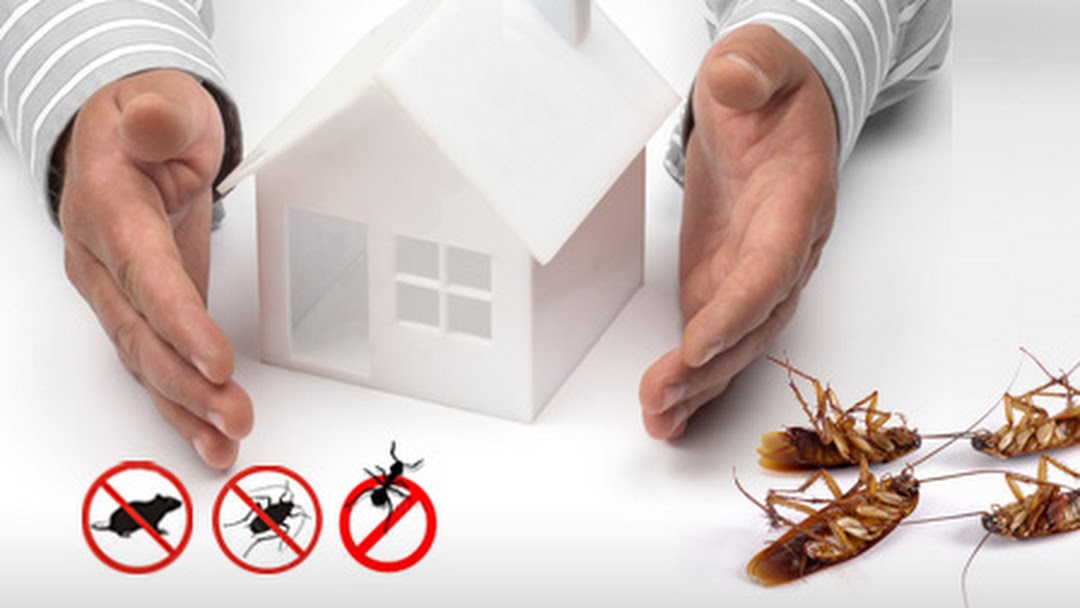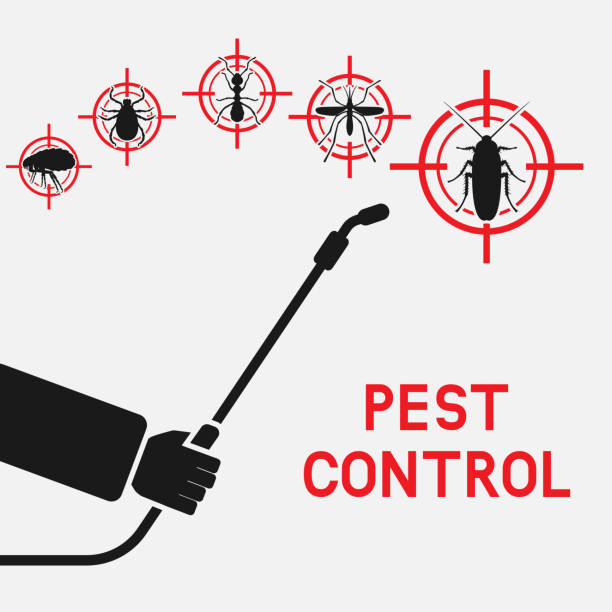Top Coquitlam Pest Control Solutions for a Rodent-Free Home
Top Coquitlam Pest Control Solutions for a Rodent-Free Home
Blog Article
Safe and Reliable Bug Control for Lasting Defense
Reliable pest monitoring needs a diverse approach that stabilizes environmental integrity with the need for reliable insect suppression. The nuances of these approaches might not be right away clear, prompting a more detailed examination of the practices that can lead to lasting parasite control results.
Understanding Parasite Control Approaches
Parasite control incorporates a variety of methods intended at handling and eliminating unwanted insects and rodents that can intimidate both health and property. Understanding these approaches is important for effective pest management.
The primary categories of pest control approaches include mechanical, biological, and chemical methods. Mechanical methods include physical obstacles and traps to avoid pest access and capture undesirable varieties. Using displays on home windows or utilizing sticky traps can substantially decrease insect populations without presenting dangerous compounds - exterminator coquitlam.

Chemical insect control is frequently the most acknowledged technique, using pesticides to eliminate pests. These chemicals can be efficient yet must be made use of with care to prevent unfavorable effects on non-target types and the environment.
Advantages of Eco-Friendly Solutions
Just how can eco-friendly options change parasite control techniques? The adoption of environmentally friendly insect control approaches supplies numerous advantages, significantly enhancing the efficiency and security of insect management (exterminator coquitlam). To start with, these remedies utilize all-natural components, decreasing the reliance on unsafe chemicals that can pose risks to human health and wellness and the atmosphere. This shift not only safeguards households and animals but additionally reduces the potential for dirt and water contamination.

Another benefit is the positive effect on local biodiversity. Environmentally friendly remedies are developed to target particular insects while protecting beneficial insects and wild animals, advertising a balanced environment. This approach straightens with the expanding consumer demand for sustainable practices, improving the reputation of parasite control companies.
Integrated Parasite Monitoring Strategies
The application of environment-friendly services normally causes the adoption of Integrated Bug Management (IPM) strategies, which better improve bug control effectiveness. IPM is an alternative technique that incorporates multiple methods to manage insect populaces while lessening environmental impact. This approach highlights using organic, social, mechanical, and chemical controls, making sure a lasting and balanced technique of parasite management.
One basic aspect of IPM is the thorough assessment of insect task and ecological conditions. By monitoring insect populaces and determining their life cycles, practitioners can carry out targeted interventions that interfere with the pest's habitat or lifecycle, minimizing reliance on chemical pesticides. Furthermore, social methods such as plant rotation and habitat manipulation can significantly diminish pest facility and reproduction.
An additional critical part is using biological control representatives, such as useful pests or bacteria, which can naturally subdue parasite populations. When chemical applications are required, IPM focuses on the use of low-risk pesticides and uses them uniquely, lessening direct exposure to non-target microorganisms and people.
Incorporating IPM approaches not only enhances pest control efficiency yet likewise promotes a more secure ecological community, aligning with the expanding need for sustainable methods in bug administration.
Safe Practices for Home Owners
Comprehending the importance of risk-free methods in pest control can encourage property owners to efficiently handle insect issues while securing their wellness and the setting. Carrying out safe approaches and safety nets is important in reducing direct exposure to harmful chemicals.
Homeowners ought to first evaluate their atmosphere for problems that bring in pests, such as standing mess, food, and water waste. Consistently cleansing and securing entry points can prevent pests from getting into the home. Utilizing all-natural deterrents, such as important special info oils or diatomaceous earth, can supply effective alternatives to chemical pesticides.
When chemical treatments are essential, property owners should choose items that are especially classified as safe for property use. It is important to adhere to application guidelines diligently to prevent too much exposure. Making use of targeted treatments in locations where insects are determined, instead than covering splashing, can significantly decrease chemical use.
Last but not least, maintaining open communication with insect control professionals is important. Homeowners need to ask about the safety and security of items used and demand eco-friendly alternatives whenever possible. By taking on these safe practices, house owners can develop a healthier living setting while effectively taking care of pest concerns.

Tips for Long-Term Security
Developing a parasite administration strategy that emphasizes long-lasting defense can considerably boost the effectiveness of the secure practices formerly gone over. To attain this, property owners need to apply regular assessments of their home, focusing on hidden locations such as attics, cellars, and crawl areas. Early detection of parasite task is critical in stopping problems from holding.
Additionally, preserving a tidy setting is important. This consists of proper food storage space, without delay cleaning up spills, and regularly disposing of trash. These techniques reduce attractants that draw parasites right into the home. Sealing access factors, such as fractures around home windows and doors, can successfully obstruct possible bug gain access to.
Landscape design needs to likewise be thought about; maintaining plants trimmed and keeping a range in between plants and the home reduces concealing areas for pests. Making use of all-natural deterrents, such as necessary oils or diatomaceous earth, can better prevent invasions without considering harsh chemicals.
Finally, collaborating with a professional parasite control service for routine evaluations can provide an extra layer of safety and security. These professionals can use customized recommendations and advanced therapies, ensuring that your home remains shielded against pests in the long-term.
Conclusion
In final thought, dependable and secure insect control calls for a diverse technique that highlights environmentally friendly approaches and integrated parasite management. By executing natural deterrents, performing regular examinations, and keeping proper cleanliness, homeowner can dramatically reduce insect populaces while protecting helpful pests and the atmosphere. Collaboration with expert bug control services improves the effectiveness of these strategies, guaranteeing tailored solutions that offer long lasting security and peace of mind versus future problems.
Reliable bug monitoring calls for a complex strategy that stabilizes ecological integrity with the need for effective bug reductions. The adoption of eco-friendly bug control approaches uses various advantages, significantly boosting the effectiveness and safety of insect administration.The execution of environmentally friendly solutions naturally leads to the fostering of Integrated Parasite Monitoring (IPM) methods, which further enhance parasite control effectiveness. exterminator coquitlam. By keeping track of pest populaces and identifying their life cycles, professionals can execute targeted interventions that disrupt pest insurance the pest's habitat or lifecycle, lowering dependence on chemical pesticides.In verdict, reliable and safe insect control requires a complex technique that stresses eco-friendly navigate to this site methods and incorporated parasite management
Report this page